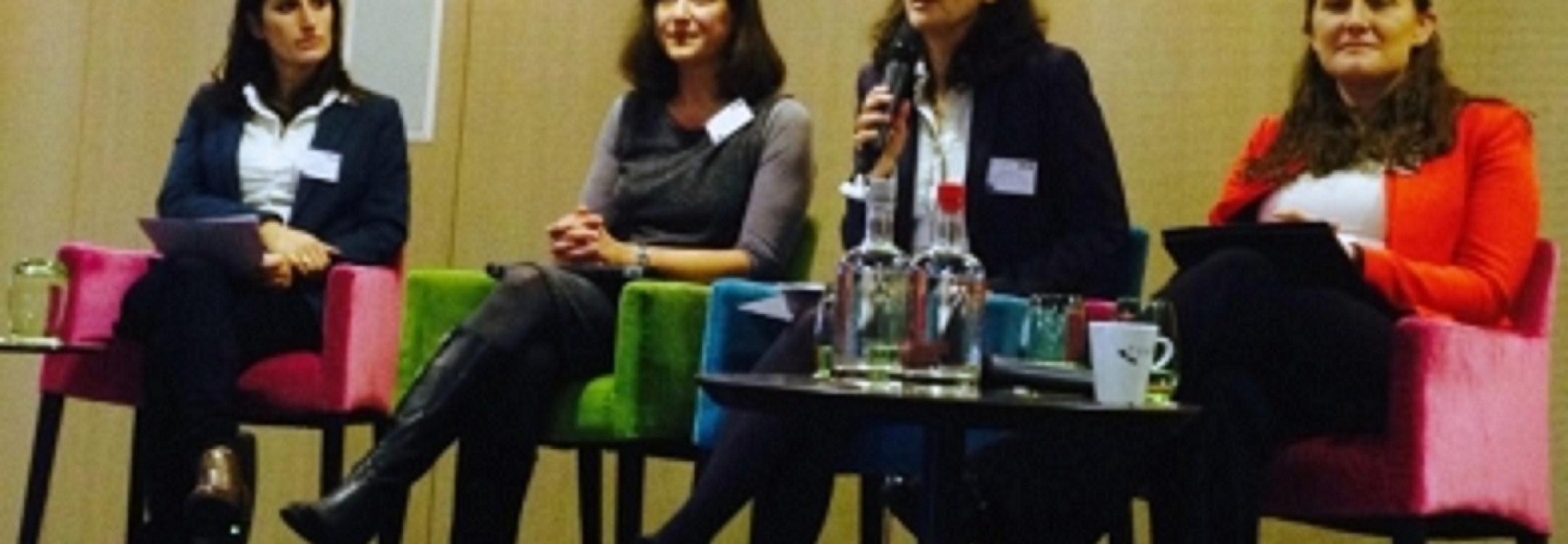
On 1 and 2 December 2016, NGOs from around the world gathered in Brussels for the 18th EU NGO Human Rights Forum. This year’s Forum focused on torture and other ill-treatment and how to address challenges related to preventing, prohibiting and redressing torture globally.
Combating torture and other ill-treatment is one of the EU’s human rights priorities, and is specifically referred to in the EU Action Plan on Human Rights and Democracy 2015-2019. The Forum therefore aimed at identifying ways to reinforce the EU and its Members States’ action to prevent, fight and redress torture at home and worldwide.
The event gathered representatives of national and international NGOs from all regions of the world, as well as representatives from international and regional monitoring bodies working on torture prevention. It drew on their expertise to identify best practices on how to more effectively fight against torture. The Forum’s discussions focused on three main themes:
- The specific needs and risks faced by groups/persons more vulnerable to torture and other ill-treatment. Specific sessions were dedicated to the situation of: a) women and girls as well as LGBTI persons (gender perspective); b) children; and c) minorities and indigenous peoples.
- How to increase accountability, bring torture perpetrators to justice and how to ensure victims have access to all forms of redress? The role of preventive monitoring and notably, National Preventive Mechanisms was also discussed, among others through the experience shared by two national NGOs working as part of the National Preventive Mechanism in their home country.
- Torture and other ill-treatment in foreign and domestic security policies, in the context of counter-terrorism policies, and in the fight against organised crime and migration.
The Forum also heard from senior EU officials, including Federica Mogherini, High Representative for Foreign Affairs and Security Policy and Vice-President of the EU Commission, and EU Special Representative for Human Rights Stavros Lambrinidis.
“Security and resilient, open societies go hand-in-hand and it is in the interest of security to invest in human rights. (…) torture and other human rights’ abuses don’t make a country more stable. Never, never. Torture cannot fight terrorism. On the contrary: torture makes a society less resilient; it weakens the legitimacy of institutions; and instead of fighting radicalisation, or preventing radicalisation – far from that - it only contributes to it. This has to go deeper in our policy making, in our social fabric I would say and here we need an alliance to spread this message.”
Federica Mogherini, EU High Representative for Foreign Affairs and Security Policy and Vice-President of the EU Commission
The Forum’s debates will feed into the current revision process by the EU of its Guidelines on torture and other cruel, inhuman or degrading treatment or punishment. The main conclusions and recommendations of the Forum will also be summarised in a report to be published by the Brussels-based NGO network Human Rights and Democracy Network (HRDN) in early 2017.